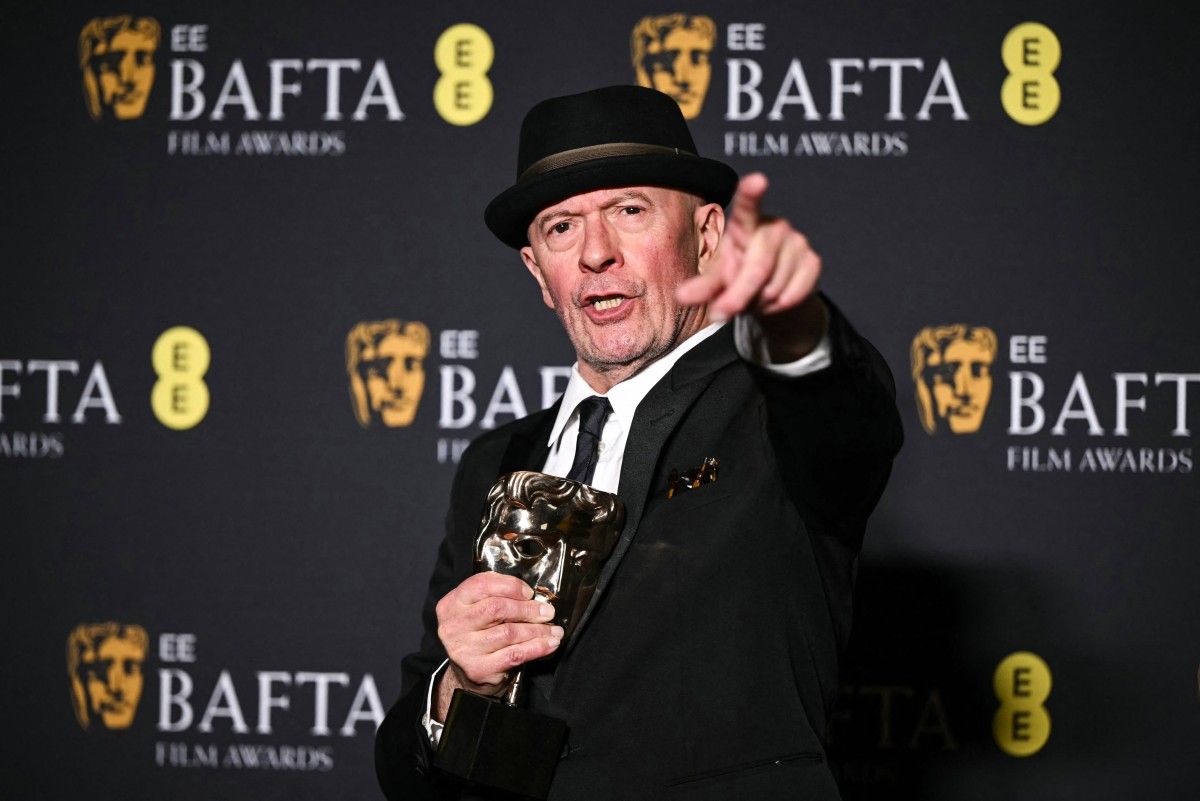
At the British Bafta awards, Conclave and The Brutalist shared the spotlight, each winning four trophies. Meanwhile, Emilia Perez secured two awards amid controversy just weeks before the Oscars. The evening also brought surprises, with Mikey Madison unexpectedly taking home Best Actress over the favored Demi Moore.
The thriller papal Conclave and the monumental The Brutalist played a tight game on Sunday night at the Baftas, the British cinema awards, each winning four trophies, while Emilia Perez, embroiled in controversy, collected two, just fifteen days before the Oscars.
Directed by German filmmaker Edward Berger, Conclave was crowned Best Film, while The Brutalist triumphed in the categories of Best Director for Brady Corbet and Best Actor for Adrien Brody, who portrays an architect and Holocaust survivor.
"My character allowed me to pay tribute to the struggle of my own ancestors, who fled Hungary and were refugees in the United States," noted the actor, a favorite for the Oscar more than twenty years after his win for The Pianist.
Against all odds, American Mikey Madison, 25, created a surprise by winning the Bafta for Best Actress for her role as a stripper in Anora, a New York thriller by director Sean Baker.
The young revelation took to the stage, stunned: "I know you weren’t expecting this (…) I should have written something," she admitted, thanking the director for "making her dreams come true."
A musical epic about the gender transition of a Mexican drug lord, Emilia Perez by French director Jacques Audiard, filmed in Spanish, walked away with two trophies, including Best Non-English Language Film and Best Supporting Actress for Zoe Saldana, who plays lawyer Rita.
The actress dedicated her award to her trans nephew, "the reason she signed on for this film in the first place."
Awarded at Cannes and the Golden Globes, Emilia Perez had been nominated in 11 categories. However, the revelation in late January of racist tweets by actress Karla Sofía Gascón derailed the film’s campaign, jeopardizing its chances at the Baftas and the Oscars.
Absent from the ceremony, she was acknowledged by Jacques Audiard, who had called her remarks "odious" and "unforgivable" when she was sidelined from the film’s promotion.
"I want to thank all the wonderful artists who brought this film to life," he said, mentioning "my dear Zoe, my dear Selena (Gomez) (…) but also you, my dear Karla Sofia, whom I send my regards."
Nominated 13 times at the Oscars, Emilia Perez has also been criticized for its allegedly stereotypical portrayal of Mexico.
Timothée Chalamet, Cynthia Erivo, and Ralph Fiennes were among the stars present at the Royal Festival Hall for the evening, which took place in the absence of Prince William, honorary president of the Baftas, and his wife, Kate.
A thriller about power struggles during the election of a pope, Conclave, which led the race with 12 nominations, won over the British Academy, two years after Edward Berger’s success at the Baftas with All Quiet on the Western Front.
He spent nearly seven years on this film, as did Brady Corbet on his three-hour architectural epic—with an intermission—The Brutalist. "This is great news for our industry, that a film like this, made without compromise, is commercially viable," he rejoiced.
American actor Kieran Culkin won Best Supporting Actor for A Real Pain, directed by Jesse Eisenberg, which also took home Best Screenplay for its comedy about two Jewish cousins retracing the Holocaust in Poland.
The latest adventures of Wallace and Gromit, Vengeance Most Fowl, won two awards, including Best Animated Film.
The box-office hits Dune: Part Two by Denis Villeneuve and the musical Wicked stood out only in technical categories.
The feminist and gore-inspired The Substance, by French director Coralie Fargeat, won a single Bafta for Best Makeup and Hairstyling.
With AFP



Comments